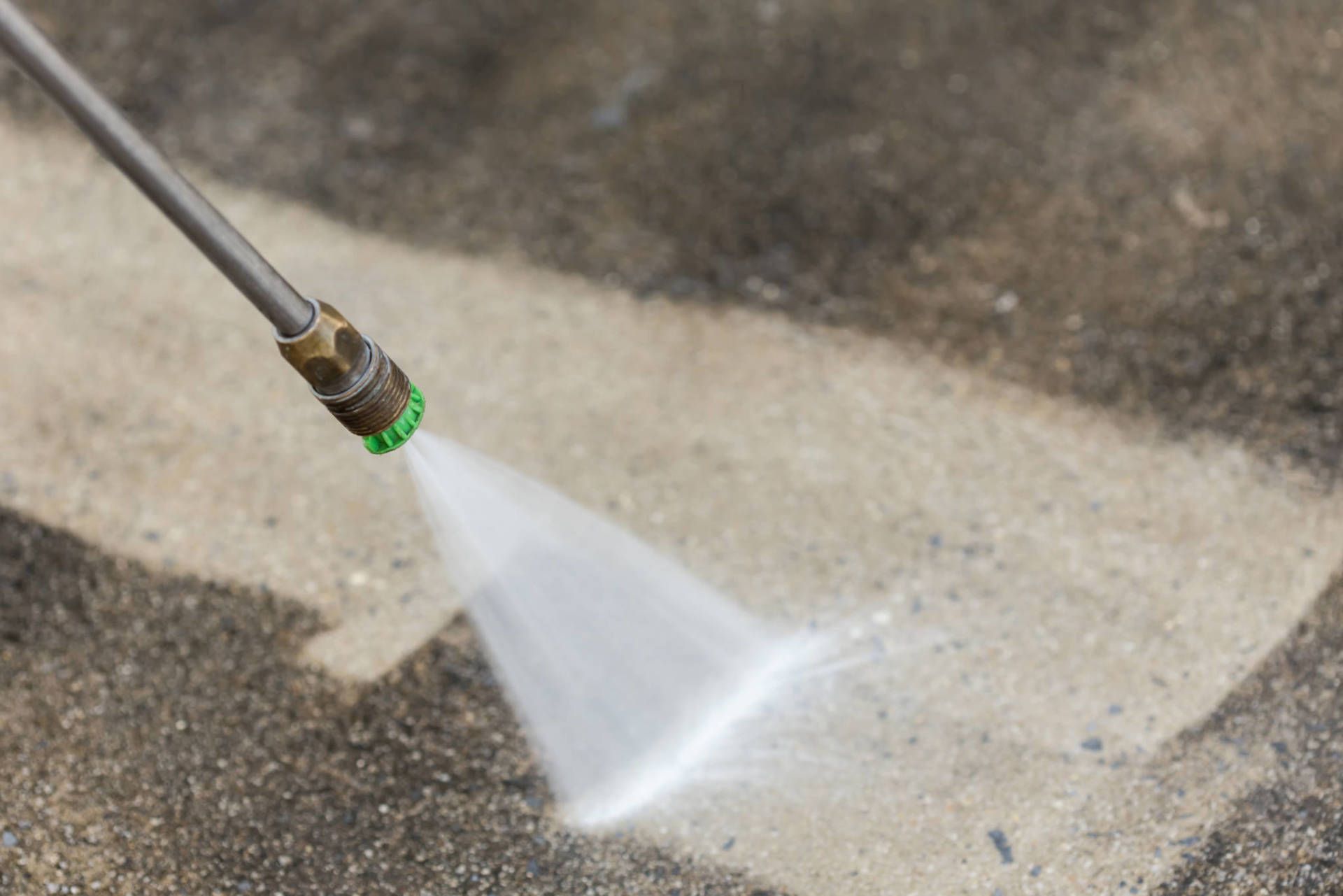Caring for a house is an ever-present responsibility that can at times feel intimidating. One of the most effective ways to ensure your residence appearing its best is through pressure washing. This method not only helps to boost the appearance of your home, but it also significantly contributes in lengthening the lifespan of your exterior surfaces. With the right approaches and timeliness, this technique can revitalize your property from drab and grimy to inviting and appealing.
For those new to the concept, it can be a little daunting to understand how to begin. What is this process do? How regularly should you do it? And should you employ a specialist or tackle the job yourself? In this manual, we'll examine the key aspects of this practice, from the benefits it provides to advice on the best methods to perform it safely and effectively and successfully. Whether you are looking to boost your home’s exterior or sustain the equity of your property, understanding pressure washing is essential to efficient residential care.
Comprehending Pressure Washing
Power washing is a robust cleaning method that uses high-pressure water spray to wash away debris, grime, fungus, and other contaminants from various surfaces. It is commonly used on exterior surfaces of homes, such as exterior walls, decks, paved areas, and walkways. This process can successfully refresh the look of areas and is frequently quicker and more efficient than traditional cleaning approaches. For homeowners seeking preserve their home’s visual appeal, comprehending the fundamentals of power washing is important.
The tools used for power washing consists of a power source, a pressurizer, and a hose nozzle that controls the flow of the spray. Water is heated and pressurized, allowing it to soak into and dislodge stubborn marks. Multiple nozzles can vary the intensity of the stream, making it versatile for various cleaning jobs. Novices should familiarize themselves with how to handle pressure washers properly, ensuring they use the correct pressure settings for each type of material to prevent potential harm.
In addition to residential cleaning, pressure washing also serves industrial applications. Companies can benefit from frequent pressure washing to maintain a immaculate storefront, enhance curb appearance, and enhance customer appeal. Comprehending the various techniques and uses of power washing allows residents and store owners alike to make educated decisions about their cleaning needs, making sure their locations remain in top form. spintax ## Benefits of Professional Pressure Washing
Expert pressure washing services provide skill and knowledge that can significantly enhance the cleaning process. Trained technicians know how to efficiently and safely operate pressure washing equipment, ensuring that every surface get the proper treatment. This level of knowledge minimizes the risk of damage that can occur with improper use of pressure washing tools, such as etching or removing away paint. Additionally, professionals can identify areas that may need additional attention, ensuring a thorough job that DIY efforts might miss.
Another advantage of hiring professionals is the ease they offer. Pressure washing can be a labor-intensive task, especially for larger properties or intricate surfaces. By delegating this work, homeowners can conserve precious time and energy, allowing them to focus on other maintenance tasks or enjoy their free time. Moreover, professional services often come equipped with industrial-grade equipment and eco-friendly cleaning solutions, ensuring a deeper clean than typical consumer-grade machines available for rent or buy.
Lastly, expert pressure washing can significantly improve the aesthetic appeal of your home or business. A clean exterior not only enhances curb appeal but also creates a welcoming environment for guests and potential buyers. Removing dirt, grime, mold, and various unsightly stains can make your property look cared for and kept up. This improvement can boost property value and draw more attention, making professional pressure washing a smart investment for both residential and commercial properties.

Comparing Pressure Washing Techniques
When it comes to pressure washing, selecting the appropriate technique for your specific cleaning requirements is crucial. Two the most popular methods are high-pressure washing and soft washing. Pressure washing entails using high-pressure water to eliminate dirt, grime, and stubborn stains from surfaces such as parking areas, sidewalks, and home exteriors.This method is highly efficient for hard surfaces but can pose a risk of harm to softer materials if not used correctly. On the other hand, soft washing employs low-pressure water combined with specific cleaning solutions to gently clean delicate surfaces without causing harm. This method is particularly suitable for roofs, painted surfaces, and wooden decks.
Grasping the differences between these techniques can help homeowners decide which one is best suited for their projects. Pressure washing is often suggested for tough tasks such as eliminating grease from concrete or cleaning brick, where its power can truly shine. On the flip side, soft washing excels in dealing with organic growth like mold, mildew, and algae, particularly on roofs and siding, where high pressure might compromise the integrity of the material. By assessing https://valleywashpros.com/ of surface and the nature of the grime, individuals can select the method that will yield the best results without incurring damage.
In addition to pressure washing and soft washing, other methods such as steam cleaning and chemical cleaners can be taken into account based on particular cleaning requirements. Steam cleaning can disinfect surfaces efficiently and is often used for indoor areas, while chemical cleaners, when used carefully, can tackle tough stains without the requirement for high pressure. Ultimately, the method you select should match with your cleaning goals, the surfaces involved, and whether you would like a DIY approach or the expertise of professional services.
